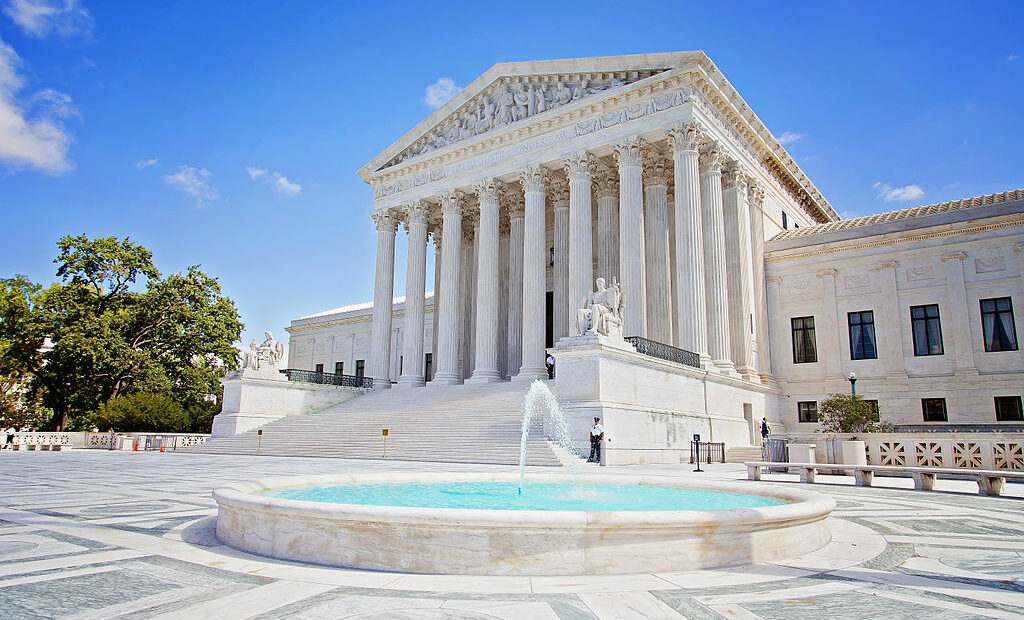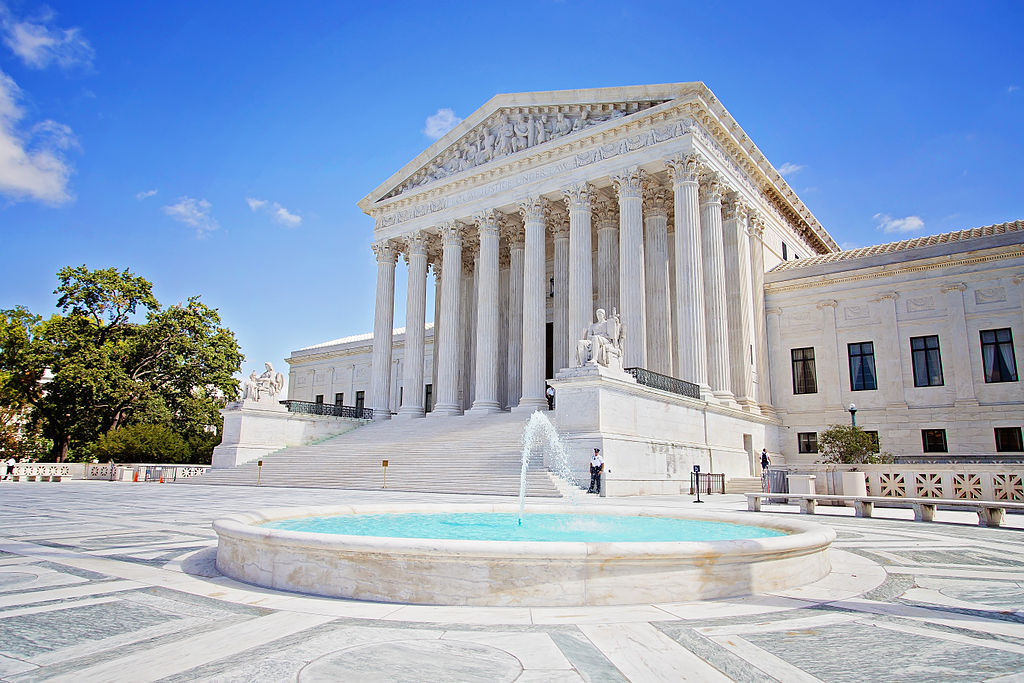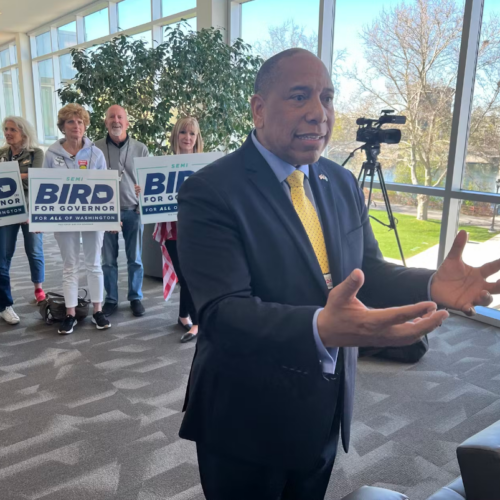
ACLU issues amicus brief ahead of arguments on Idaho abortion law, emergency care
Listen
(Runtime 1:01)
Read
The American Civil Liberties Union and law firm Cooley LLP filed an amicus brief with the Supreme Court in favor of a U.S. District Court decision that stayed the enforcement of Idaho’s Defense of Life Act, which prohibits abortion.
The ACLU filed the brief as part of the court case in Moyle v. United States. The case will determine if the Emergency Medical Treatment and Labor Act preempts Idaho’s abortion restrictions in the case when an abortion is medically necessary as emergency treatment.
The EMTALA makes no specific mention of abortion, but a 2022 memorandum by the Biden administration specifies that physicians are required to provide necessary stabilizing treatment to a person experiencing a medical emergency, which may include abortion.
“When a state law prohibits abortion and does not include an exception for the life of the pregnant person — or draws the exception more narrowly than EMTALA’s emergency medical condition definition — that state law is preempted,” according to that memorandum.
Idaho’s law provides an exception when a doctor performs an abortion in “good faith medical judgment” because the doctor believes it is necessary to prevent the mother’s death.
However, that law has been criticized as vague and written in such a way that doctors may delay necessary medical treatment for longer than is safe out of fear they may lose their licenses or face prison time if a judge disagrees with their medical opinion.
The Supreme Court is scheduled to hear oral arguments on this case on April 24, and a decision is expected by summer.
Critics of the Idaho law say EMTALA has long provided protections for patients with emergency conditions and makes no exceptions for when emergency abortions are required.
“If doctors are prevented from providing emergency abortion care, people can suffer severe, life-altering health consequences and even die,” said Kathleen R. Hartnett, partner at Cooley LLP. “We are urging the Court to ensure hospitals can continue to provide the emergency care federal law requires.”
Idaho maintains its abortion laws do not conflict with EMTALA.
On Jan. 5, Idaho attorney general Raúl Labrador issued a statement following a stay by the Supreme Court on an injunction by the Ninth Circuit that had halted the enforcement of the Defense of Life Act.
“The federal government has been wrong from day one. Federal law does not preempt Idaho’s Defense of Life Act,” Labrador said. “In fact, EMTALA and Idaho’s law share the same goal: to save the lives of all women and their unborn children.”
















